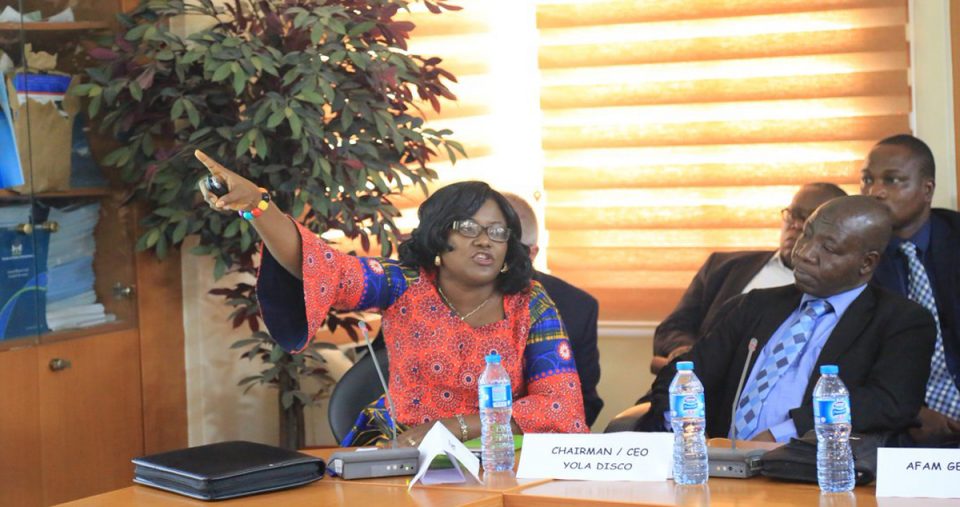With power supply through the national grid showing no sign of improving, the Federal Government’s plan to ditch the ‘best endevour’ approach for a contract based Nigerian Electricity Supply Market may not yield the 5,000 Megawatts target, power generation companies have said.
The GenCos said for the 5,000MW supply to happen, the government has to guarantee gas supply to the power plants and also pay up debts owed to them to facilitate the repairs of units in the power plants.
The Executive Secretary of the Association of Power Generation Companies, APGC, Dr. Joy Ogaji said in a telephone chat yesterday that the frequent breakdown of the national grid has damaged most of the units which need to be fixed before generation can be ramped up.
Checks on grid data showed that as at 4pm yesterday 20 plants were generating 3,350MW with Azura-Edo (446MW) and Delta Power (402MW) topping the production chart.
Mrs. Ogaji said the government through the Nigerian Bulk Electricity Trading Company, NBET, needs to provide a letter of credit to the GenCos to guarantee gas supply.
In the new regime planned by NERC, all market participants are expected to enter into valid contracts beginning from gas supply to generation, transmission and distribution.
It comes as an effort by the Nigerian Electricity Regulatory Commission, NERC, which on February 1 2022 implemented a new tariff for the market, appears to have failed to improve electricity supply despite a cost reflective tariff for the sector benchmarked on Performance Improvement Plan, PIP.
Presently, of the 23 plants available on the grid only five have active contracts with the Nigerian Bulk Electricity Trading Plc, NBET, known as Power Purchase Agreement, PPA.
Ogaji insisted that “For us GenCos we really want contracts to be effective because we don’t like all these conjunctions because it does not give you room for planning. We have the capacity to give but we don’t know who is willing to take and who can pay for it.
“So if NERC says they want to make contracts effective, we are happy with it provided that all the risk involved is properly apportioned. One of the principles of risk allocation is that the risk is allocated to the best person that is suited to handle it.
“For example, with gas we are still saying that the government should take that risk. Let the government give us gas and just pay for capacity to generate. The government should tell NBET to sign the gas agreement and give us the volume of gas we need. When they are paying, they should pay the gas suppliers directly and give us our own portion. We don’t want to get involved in gas because the risk involved is high and since the government through NBET is unable to provide the necessary letter of credit to backstop the risk, the government should give us the gas”, she explained.
She added that because of grid instability “most of the GenCos units are bad and they need money to fix them. We are owed over a trillion naira while NBET is saying N500 billion which they have not even paid. We need money first to fix the machines before you talk about ramping up generation.
“We are ready to activate but it is not by fiat. There are steps to follow. First we need money to fix the units and then give us guarantees to give to the gas suppliers”, she added.




